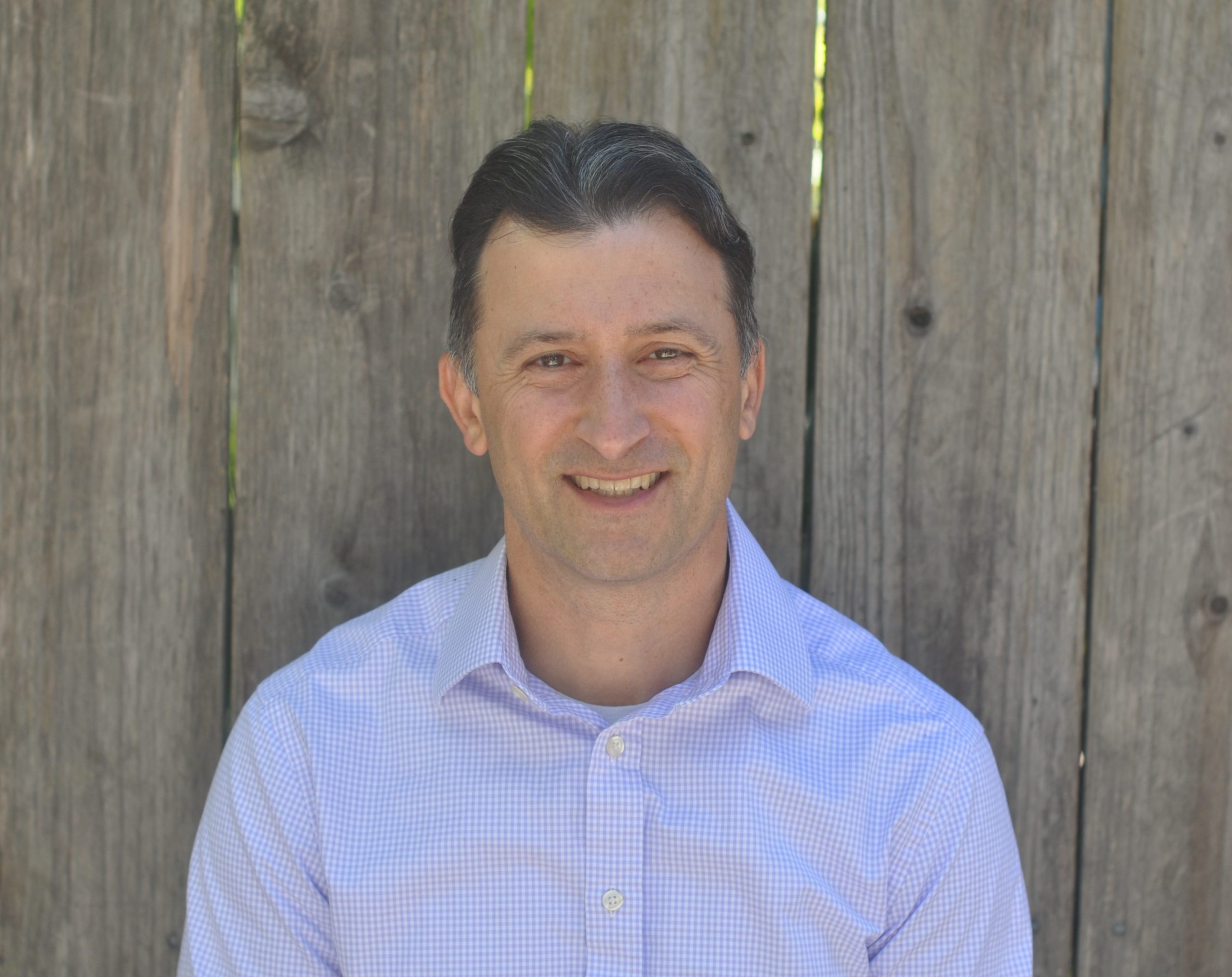
Tony Chicotel, Advocate
Tony Chicotel is a staff attorney at California Advocates for Nursing Home Reform who is passionate about fighting for the underdog. Click the black squares ![]() below to hear and read about Tony’s experience during the COVID-19 pandemic. The expanded interview (edited for clarity) is available at the bottom of the page.
below to hear and read about Tony’s experience during the COVID-19 pandemic. The expanded interview (edited for clarity) is available at the bottom of the page.
Click below for the expanded interview (11:28).
